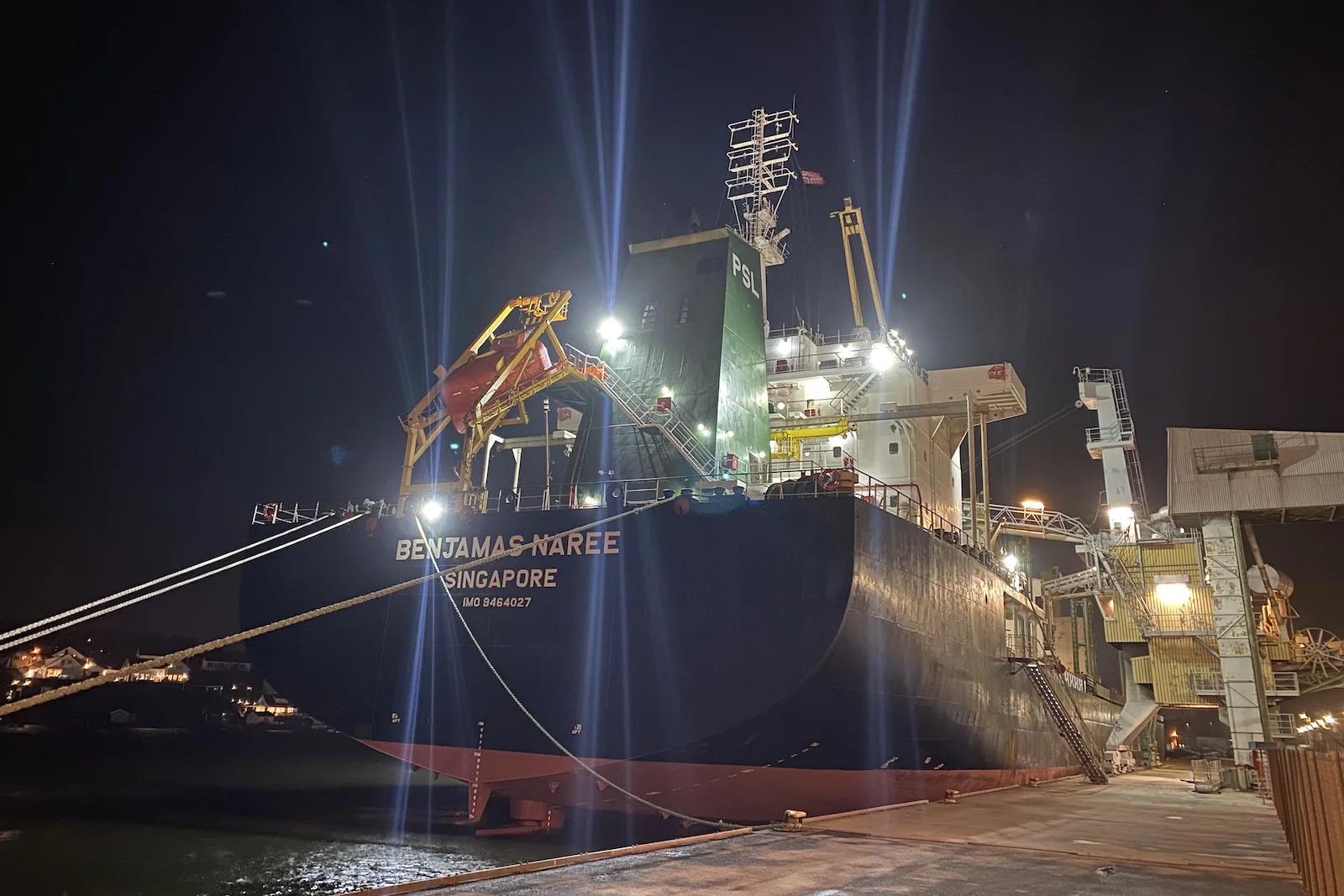
Is the United States Under Maritime Law?
According to U.S Geological Surveys, about 71 percent of the world or earth’s surface is covered by water bodies, and about 96 percent is the oceans. That is the reason […]

According to U.S Geological Surveys, about 71 percent of the world or earth’s surface is covered by water bodies, and about 96 percent is the oceans. That is the reason […]
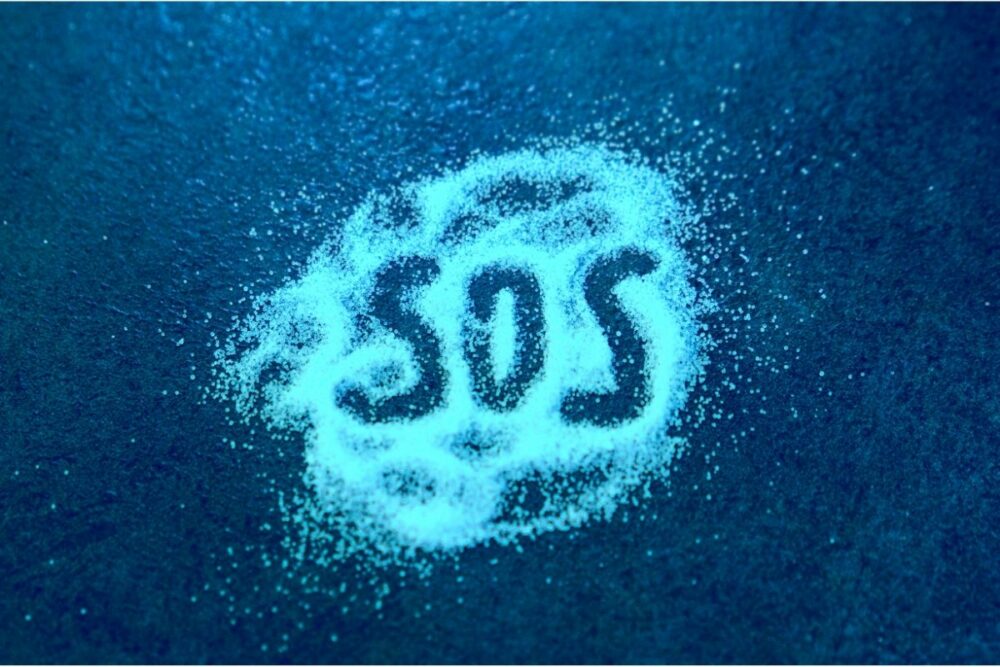
Signaling for help is an important skill to learn no matter who you are, as it’s impossible to predict when you might be faced with an emergency situation. If you’re […]
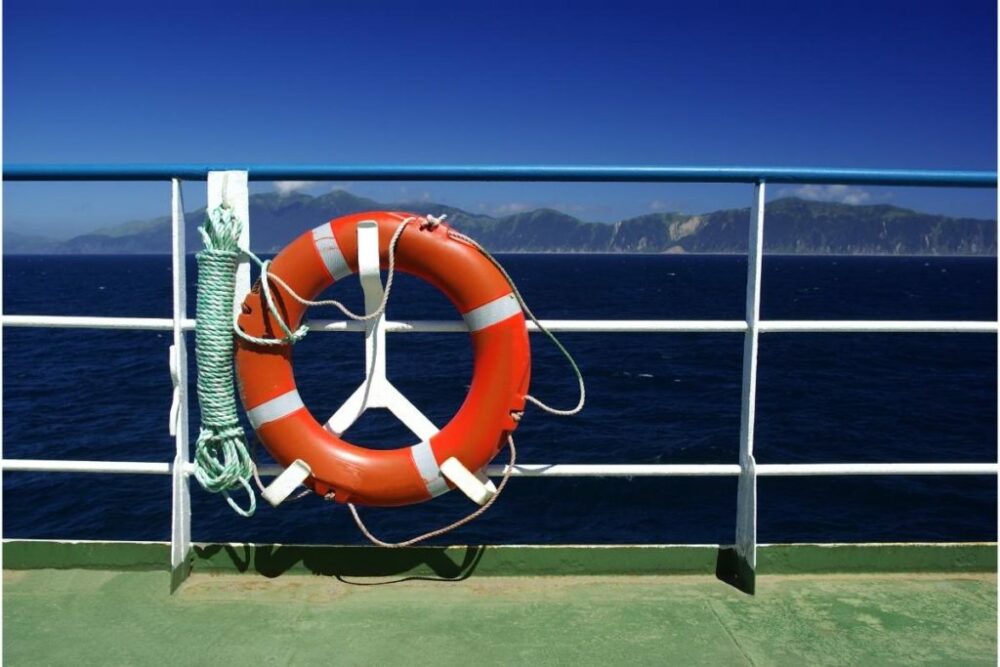
Boat safety is critical, which is why every vessel must have a personal flotation device (PFD) installed. There are several types of personal flotation devices, one of which is Type […]
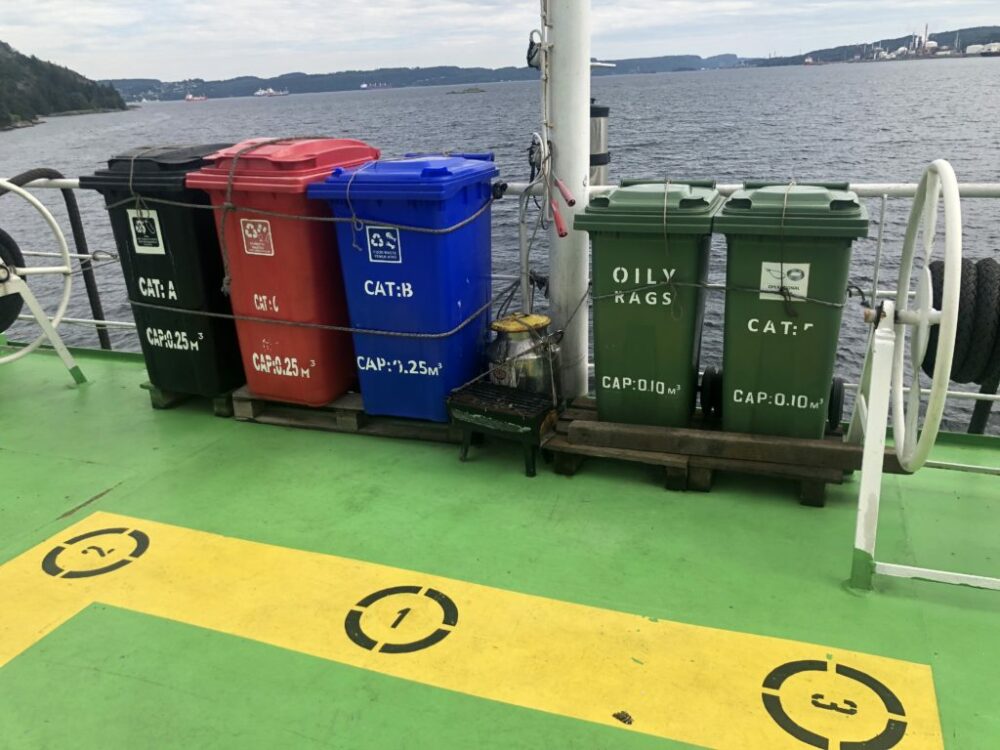
Managing the garbage onboard is one of the most important operations as it can directly affect the environment as well as the health of the crew. Hence, it has become […]
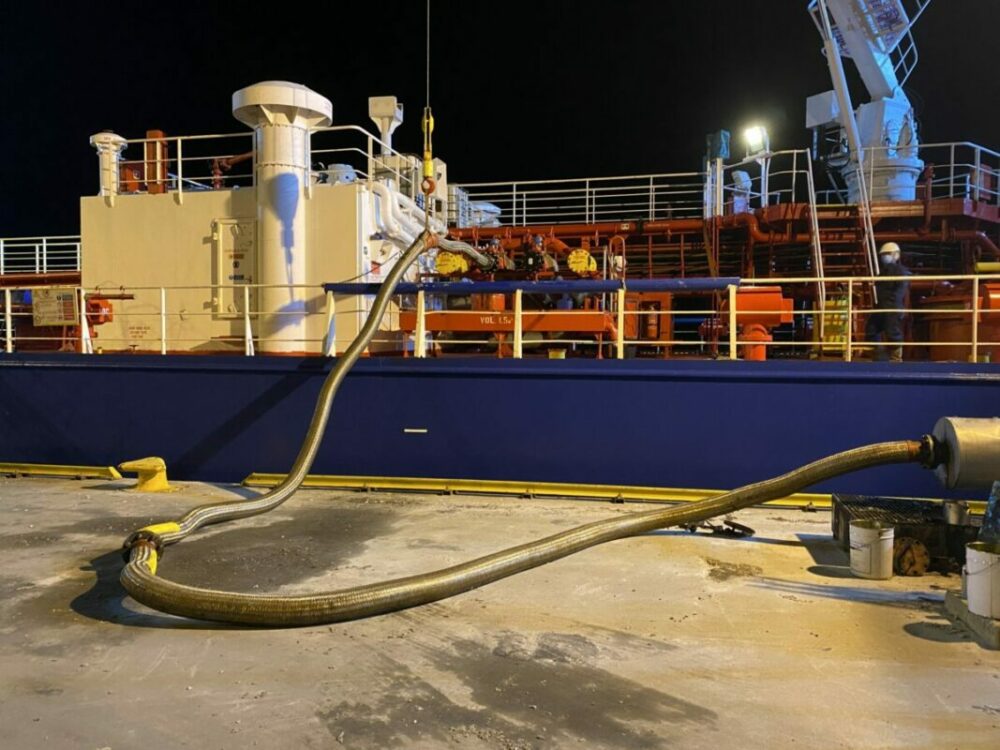
As all are aware by now, operations onboard a merchant vessel can be very hazardous and dangerous to the crew and in such cases, a work permit on the ship […]
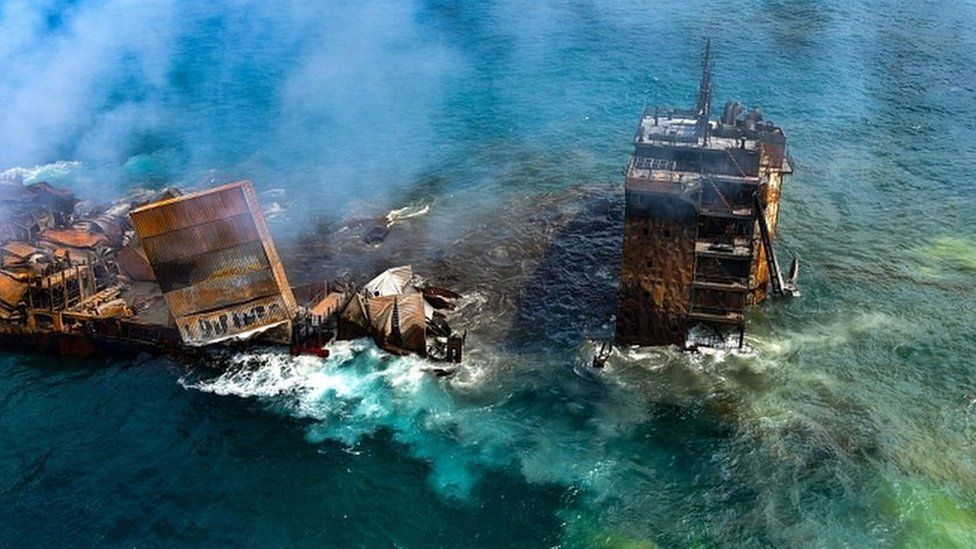
A spillage of dangerous goods occurring on a ship can be a frightening and dangerous situation. It is therefore important to know how to act in these circumstances, in order […]
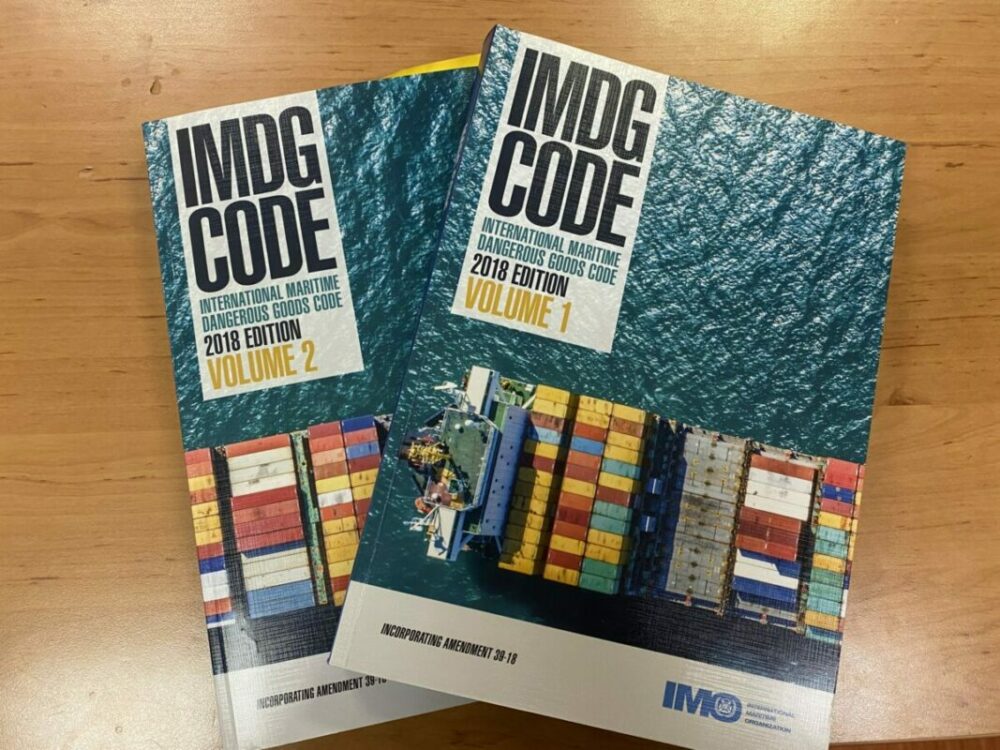
Did you know that more than 50% of cargo transported by sea falls under the hazardous goods category? Dangerous goods exist in liquid, solid, or gaseous forms. They all pose […]
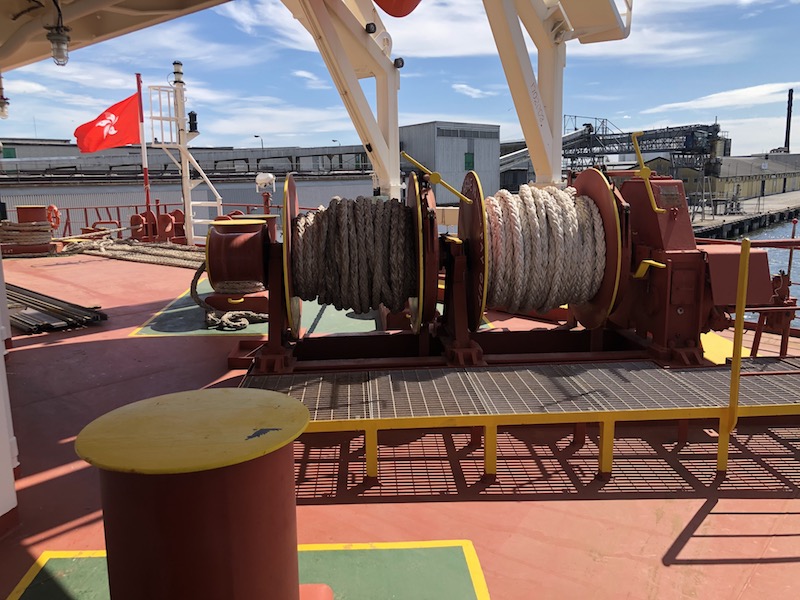
There are times when a ship needs to dock at a particular berth terminal. She will either load/discharge a cargo, take in provisions or do bunkering procedures. When at the […]
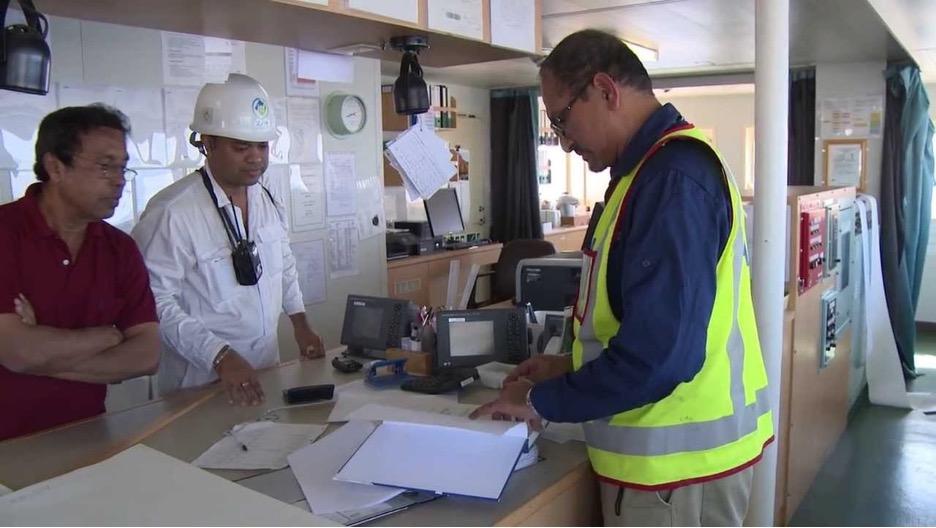
Although maritime transport is relatively a safe mode of transportation, accidents still do happen, and whenever these occur, there are usually huge personal, economic, and environmental costs. Most trading operators […]
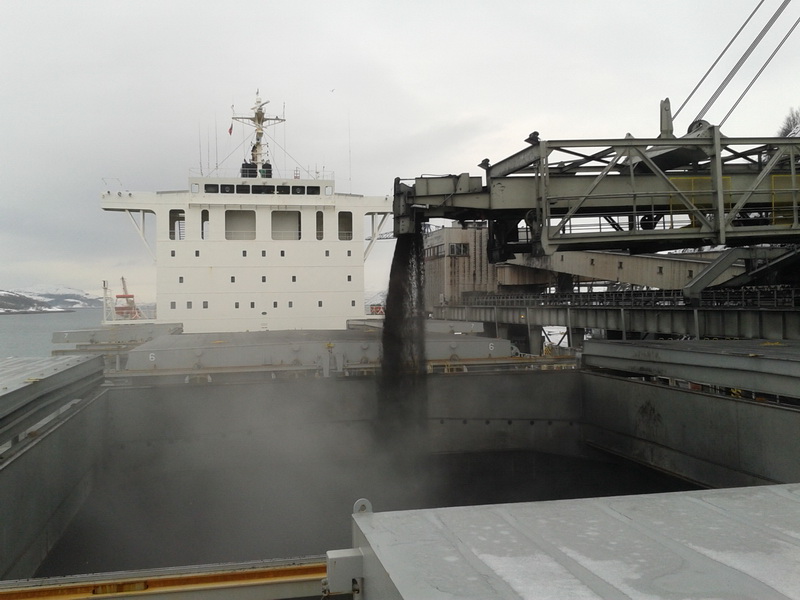
The phenomenon of dry bulk cargo liquefaction is now receiving much attention from industry stakeholders because it has now been recognized as a major hazard for bulk carriers. Liquefaction is […]